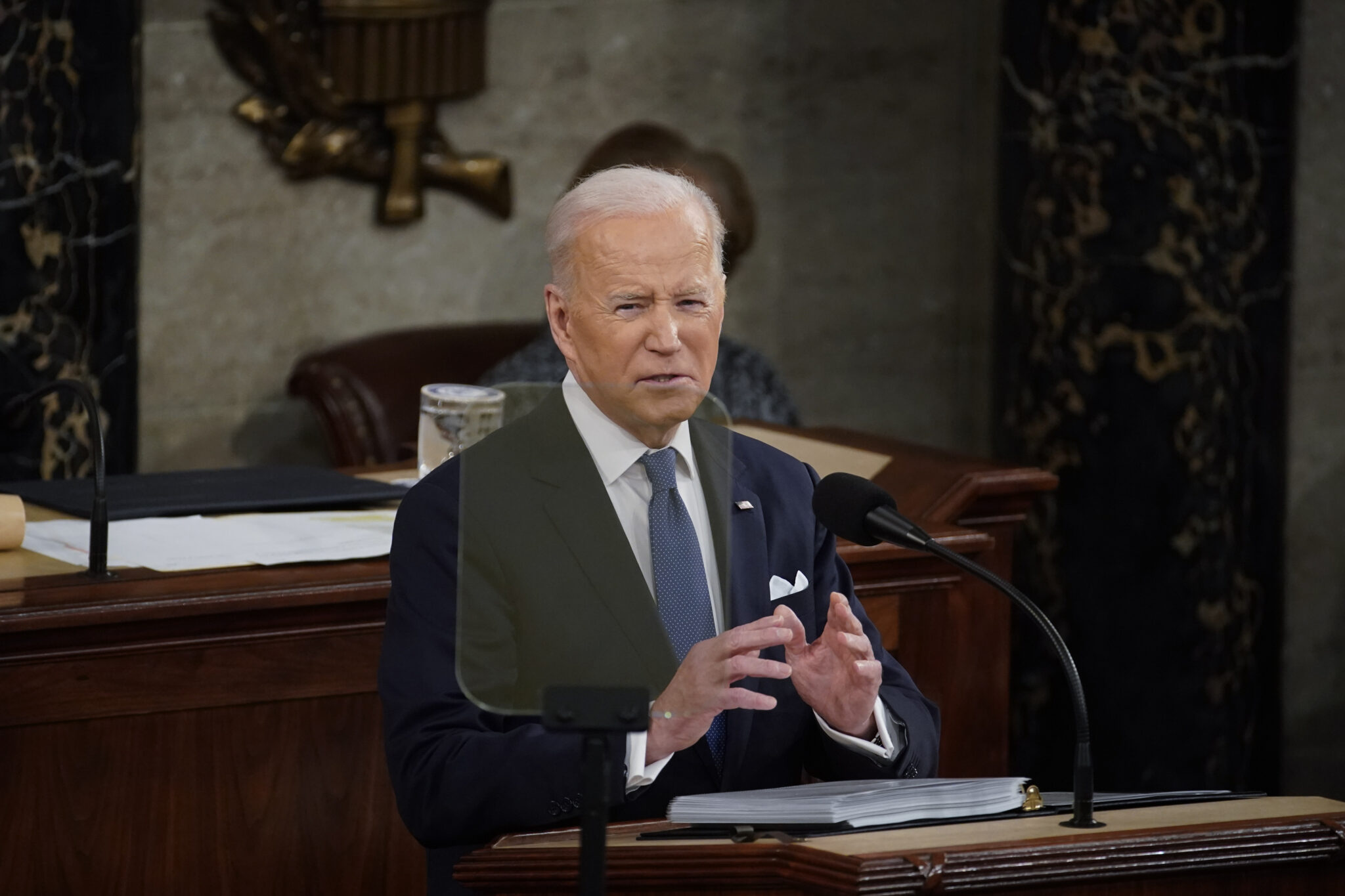
President Biden at last year's State of the Union address, March 1, 2022 (Al Drago/Pool via AP Images)
Biden to tout pharma's defeat in State of the Union, call for $35 insulin for all
President Joe Biden will take to his second State of the Union this evening with plans for optimism, and a call for universal, $35 per …
Sign up to read this article for free.
Get free access to a limited number of articles, plus choose newsletters to get straight to your inbox.